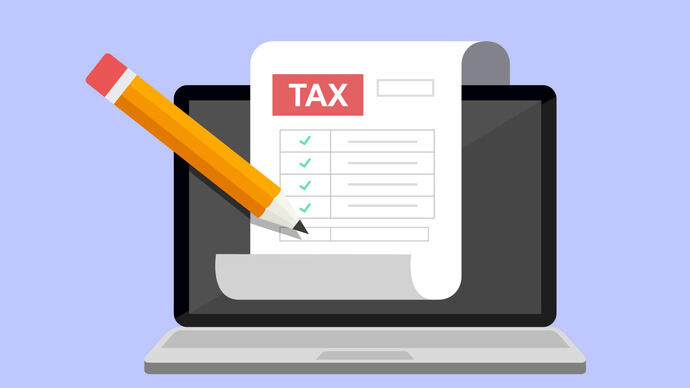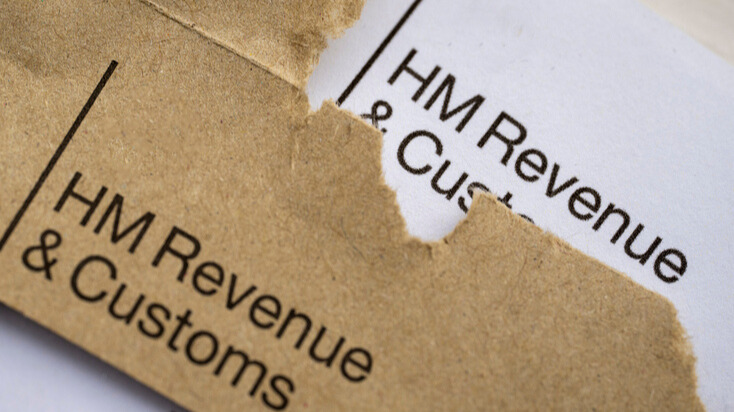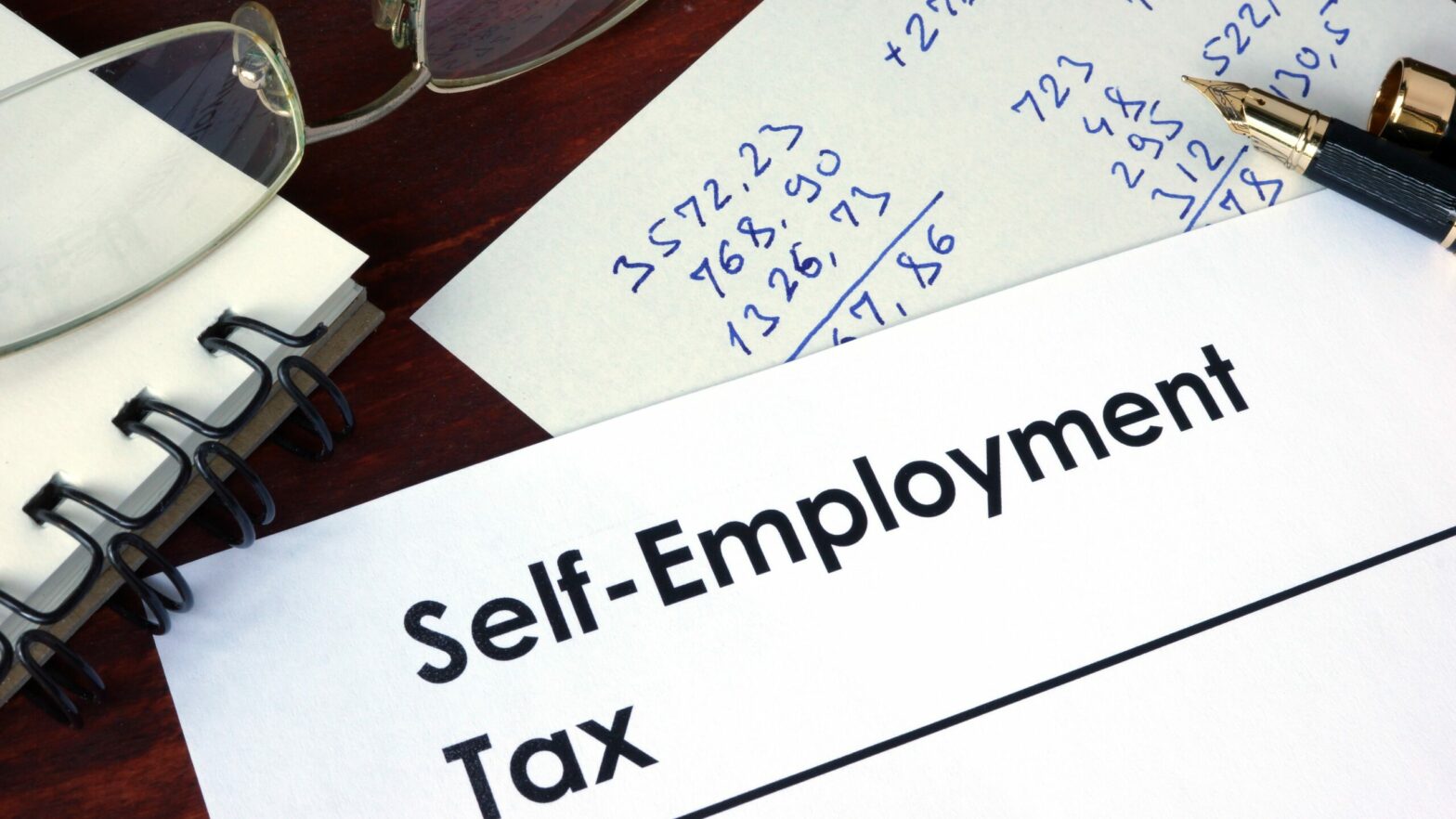Small business has asked chancellor Rishi Sunak not to renege on the Conservative election manifesto promise to reform, not scrap entrepreneurs’ relief.
The Treasury is said to want to abolish the £2.7bn tax break in the March 11 Budget in order to fund pay for nurses and police officers and for projects that could help “level up” the north and the south.
The relief allows business owners to pay a 10 per cent rate of capital gains tax when they sell their companies, compared with the usual 20 per cent. It usually applies to gains of up to £10m. Entrepreneurs’ relief was introduced in 2008 by Alistair Darling to encourage people to start or back new companies.
The cost of the relief has risen from £427m in 2008-09 to £2.7bn in 2018-19.
However, the Federation of Small Businesses, has hit back at the Sunday Times report that the chancellor will scrap, not reform, entrepreneurs’ relief. Previously, former chancellor Sajid Javid was mulling scrapping entrepreneurs’ relief for start-ups but keeping it on for existing business.
Only around 10 per cent of people who claim entrepreneurs’ relief are selling businesses worth more than £1m, says the FSB. And the vast majority of those 38,000 each year who do benefit from the incentive are everyday entrepreneurs, who see their business as their retirement plan, and who would lose an average of £15,000 each as a result of the relief being scrapped.
Incredibly damaging
Instead, entrepreneurs’ relief should only apply to the first £1m of a business sale, argues the FSB, the reality for most entrepreneurs selling their business.
Mike Cherry, national chairman of the Federation of Small Businesses, said: “This move would mark an incredibly damaging way of telling anyone thinking of investing in their own business, not to bother.
“Scrapping entrepreneurs’ relief would make a mockery of the idea that it’s ever sensible to build up a business rather than invest in property, land or secure a gold-plated pension. Everyday entrepreneurs throughout will be left permanently poorer by this change.”
Scott Sands, a partner at Myerson Solicitors, added: “A wholesale scrapping of the relief would be surprising. This relief is now almost embedded into the culture of what it is to be an entrepreneur and wholesale scrapping would be a big disincentive.”
Popular in north
The Treasury has decided to scrap the tax break because it believes the it mostly benefits rich businesspeople in the south of England. Previously, Boris Johnson said that the relief was merely making already “staggeringly rich” people even wealthier.
Ironically, given the government’s plans to “level up” the north and the south, entrepreneurs’ relief has proved much more popular with businesspeople in the north.
Law firm Boodle Hatfield said the value of capital gains against which entrepreneurs’ relief was claimed rose 23 per cent in the north in 2017-18, increasing to £5.1bn from £4.2bn in 2016-17. The firm said this compared to a 7 per cent increase in London over the same period, rising to £4.1bn.
Hayden Bailey, a partner at Boodle Hatfield, said: “Entrepreneurs’ relief does not just benefit billionaires as some commentators have recently suggested. The relief is a vital incentive for small business owners to continue to grow their businesses with a view to exit.”
Meanwhile, over 150 businesspeople, including former trade minister Digby Jones and Luke Johnson, former chairman of Pizza Express and Patisserie Valerie, have written to Rishi Sunak warning that ending the tax break would mean that people may consider starting their new business overseas.
The letter, written by E2E, a group representing 23,000 entrepreneurs, said: “We would urge you not to make any drastic changes in tis Budget but, as the Conservative manifesto promised, conduct a review, at which evidence can be taken, of entrepreneurs’ relief and the effect any change might have.”
The Financial Times reports that news that the chancellor plans to scrap entrepreneurs’ relief has disgruntled Tory MPs over the weekend. One Tory MP messaged on a WhatsApp group, “If we aren’t backing entrepreneurs, then who are we for?”
Further reading on entrepreneurs’ relief
Entrepreneurs’ relief changes could hit business owners hard





